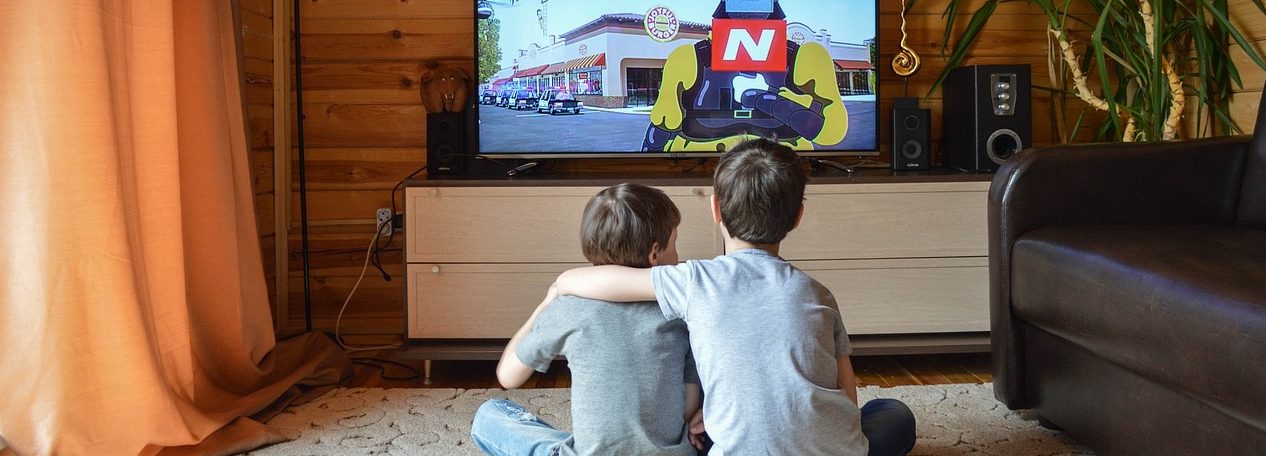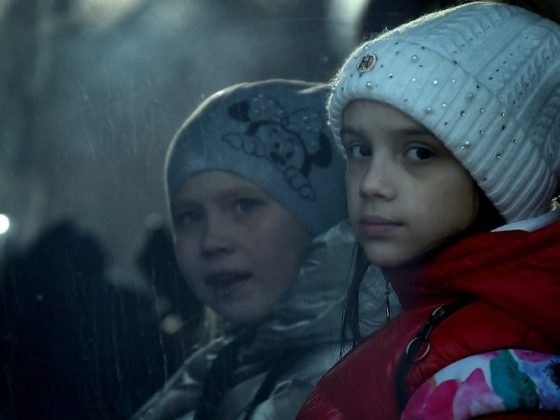When children watch a movie, they are glued to the screen. Children are naturally imaginative; they “live” what they see.
They do not distinguish between fantasy and reality as adults do. Their imagination can take them anywhere—to the most wonderful places or to places that will leave them traumatized. It is therefore our responsibility to see that they go to good places.
After children watch a movie, we can often see how deeply it impresses them. We can find the body language, tone of voice, and phrases of the characters they watched spontaneously reflected in the children. These are not only transient impressions, but influences that shape their entire worldview and have a significant impact on their future.
Because children naturally learn by example and perceive what they see on the screen as reality, they perceive the events in the movie as examples of real life. As a result, they will try to imitate in real life the behavior and attitude of the protagonists they saw in the film.
“If we want our children to grow up sound in mind and mentally capable, we should expose them to entertainment that provides them with the right examples. There are several things we need to consider when it comes to giving children the right examples.”
Consequently, if we want our children to grow up sound in mind and mentally capable, we should expose them to entertainment that provides them with the right examples. There are several things we need to consider when it comes to giving children the right examples.
First, children’s movies should feature realistic characters, not mutants or distorted characters of any kind. For example, if animals do not talk like humans, they should not do so in children’s movies. Talking animals may be good entertainment for us, but they distort children’s perception of reality.
“It is up to us to determine whether our children watch horror movies or cheerful ones. To a great extent, this will determine if they grow up thinking that life is a nightmare or a wonderful adventure.”
Second, a good film should neither preach nor frighten. On the contrary, it should enthrall the children and take them on a journey that will instill in them a positive attitude toward themselves, their friends and family, and toward the environment. The thinking should be this: Good social connections produce good results. When we work together, give, love, share, and care, we can change anything for the better.
Third, we should prepare children prior to watching a movie, and talk to them afterwards. Preparing and concluding together will help them process the messages correctly and they will make the most of the experience.
Finally, it would be a good idea to give them an assignment, preferably to a group of children such as siblings or classmates. The assignment should go something like this: On a clean sheet of paper, draw a new, perfect world or a perfect city. Depict the relationships between people, where and how they build their houses, what schools, parks, and stores look like, and everything else that is part of their lives.
Afterwards, have a serious discussion about their assignment; there is much to learn from it. At the end of the project, you can take the children to see professionals and ask them about their work. For example, ask teachers how they see their jobs, how police officers feel about the relationship between them and civilians, how architects make decisions about various aspects of the houses they design and how these decisions affect the lives of the people who live in them, etc.
As William Shakespeare wrote, “All the world’s a stage, and all the men and women merely players.” It is up to us to determine whether our children watch horror movies or cheerful ones. To a great extent, this will determine if they grow up thinking that life is a nightmare or a wonderful adventure.











